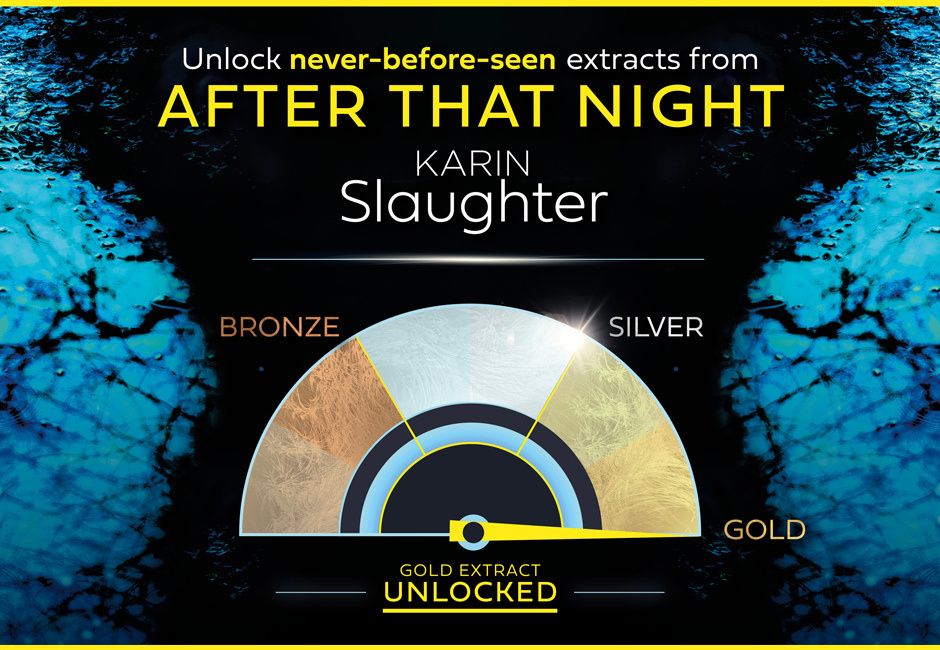Get a sneak peak of The Legacy of the Bones the second book in Dolores Redondo’s atmospheric Baztan trilogy, featuring Inspector Amaia Salazar out 25th August in paperback!

CHAPTER ONE
The atmosphere in the courthouse was stifling. The damp from rain-soaked overcoats was starting to evaporate, mixing with the breath of the hundreds of people thronging the corridors outside the various courtrooms. Amaia undid her jacket as she greeted Lieutenant Padua, who made his way towards her through the waiting crowd, after speaking briefly to the woman accompanying him and ushering her into the courtroom.
‘Good to see you, Inspector,’ he said. ‘How are you? I wasn’t sure you’d make it here today,’ he added, pointing to her swollen belly.
Amaia raised a hand to her midriff, heavy from the late stages of pregnancy.
‘Well, she seems to be behaving herself for the moment. Have you seen Johana’s mother?’
‘Yes, she’s pretty nervous. She’s inside with her family. They’ve just called from downstairs to tell me the van transporting Jasón Medina has arrived,’ he said, heading for the lift.
Amaia entered the courtroom and sat down on one of the benches at the back. From there she was able to glimpse Johana’s mother, dressed in mourning and considerably thinner than at her daughter’s funeral. As though sensing her presence, the woman turned to look, greeting her with a brief nod. Amaia tried unsuccessfully to smile as she contemplated the haggard features of the woman, who was tormented by the knowledge that she had been powerless to protect her daughter from the monster she herself had brought into their home. As the court clerk began to call out the names of the witnesses, Amaia couldn’t help noticing the woman’s face stiffen when she heard her husband’s name.
‘Jasó n Medina,’ the clerk repeated. ‘Jasó n Medina.’
A uniformed officer entered the courtroom, approached the clerk and whispered something in his ear. He in turn leaned over to speak to the judge, who listened to what he said then nodded, before calling the prosecution and defence barristers to the bench. He spoke to them briefl y then rose to his feet.
‘The trial is adjourned; if necessary, you will be summoned again.’ And without another word, he left the courtroom.
Johana’s mother cried out, turning to Amaia for an explanation.
‘No!’ she screamed. ‘Why?’
The women with her tried helplessly to comfort her. Another officer walked over to Amaia.
‘Inspector Salazar, Lieutenant Padua has asked if you would go down to the holding cells.’
As she stepped out of the lift, she saw a group of police officers gathered outside the toilet door. The guard accompanying her motioned to her to enter. Inside, a prison officer and a policeman stood propped against the wall, their faces distraught. Padua was leaning into one of the cubicles, his feet at the edge of a pool of still fresh blood seeping under the partition walls. When he saw the inspector arrive, he stepped aside.
‘He told the guard he needed to use the toilet. As you can see, he was handcuffed, yet he managed to slit his own throat. It all happened very fast, the officer didn’t move from here, heard him cough and went in, but there was nothing he could do.’
Amaia went in to survey the scene. Jasó n Medina was sitting on the toilet, head tilted back. His throat was gaping from a deep, dark gash. His shirtfront was drenched in blood, which oozed like red mucus between his legs, staining everything in its path. His body still radiated warmth, and the air was tainted with the smell of recent death.
‘What did he use?’ asked Amaia, who couldn’t see any object.
‘A box cutter. He dropped it as the strength drained out of him. It’s in the next-door toilet,’ he said, pushing open the door to the adjacent cubicle.
‘How did he get it through security? The metal would have set the alarm off.’
‘He didn’t. Look,’ said Padua, pointing. ‘See that piece of duct tape on the handle? Somebody went to a lot of trouble to hide the cutter in here, no doubt behind the cistern. All Medina had to do was peel it off.’
Amaia sighed.
‘And there’s more,’ said Padua, with a look of distaste. ‘This was sticking out of his pocket,’ he said, holding up a white envelope in his gloved hand.
‘A suicide note?’ ventured Amaia.
‘Not exactly,’ said Padua, handing her a pair of gloves and the envelope. ‘It’s addressed to you.’
‘To me?’ Amaia frowned.
She pulled on the gloves and took the envelope.
‘May I?’
‘Go ahead.’
The adhesive strip opened easily without her needing to tear the paper. Inside was a card; in the middle of it a single word was printed.
‘Tarttalo.’
Amaia felt a sharp twinge in her belly and held her breath to disguise the pain. She turned the card over to make sure nothing was written on the back, before returning it to Padua.
‘What does it mean?’
‘I was hoping you’d tell me.’
‘Well, I’ve no idea, Lieutenant Padua,’ she replied, puzzled.
‘It doesn’t make much sense to me.’
‘A tarttalo is a mythological creature, isn’t it?’
‘Yes, as far as I know it’s a kind of Cyclops. It exists in both Graeco-Roman and Basque mythology. What are you getting at?’
‘You worked on the basajaun case. The basajaun was also a mythological creature, and now Johana Márquez’s confessed murderer, who tried to copy one of the basajaun crimes to conceal his own, kills himself and leaves a note that says:
“Tarttalo”.
You must admit it’s curious, to say the least.’
‘You’re right.’ Amaia sighed. ‘It’s strange. However, at the time we proved beyond doubt that Jasón Medina raped and murdered his stepdaughter, then made a clumsy attempt to pass it off as one of the basajaun crimes. Not only that, he made a full confession. Are you suggesting he wasn’t the murderer?’
‘I don’t doubt it for a minute,’ said Padua, glancing at the corpse. ‘But there’s the question of the severed arm, and the girl’s bones turning up in the Arri Zahar cave. And now this. I was hoping you might . . .’
‘I’ve no idea what this means, or why he addressed it to me.’
Padua gave a sigh, his eyes fixed on her.
‘Of course not, Inspector.’
Amaia headed for the rear exit, anxious not to bump into Johana’s mother. What could she say to the woman: that it was all over, or that her husband, like the rat he was, had escaped to the next world? She flashed her ID at the security guards; it came as a relief to be free at last of the atmosphere inside. The rain had stopped and the bright yet hesitant sunlight, typical in Pamplona between showers, emerged through the clouds, making her eyes water as she rummaged in her bag for her dark glasses. As ever when it was raining, finding a taxi to take her to the courthouse during the morning rush hour had been almost impossible; but now several of them sat idling at the rank, while the city’s inhabitants chose to walk. She hesitated for a moment beside the first car.
No, she wasn’t quite ready to go home; the prospect of Clarice running around, bombarding her with questions was decidedly unappealing. Since her in-laws had arrived a fortnight earlier, Amaia’s idea of home had been seriously challenged. She gazed towards the enticing windows of the cafés across from the courthouse and at the other end of Calle San Roque, where she could see the trees in Media Luna Park. Working out that it was roughly one and a half kilometres to her house, she set off on foot. She could always hail a taxi if she felt tired.
Leaving behind the roar of traffic as she entered the park gave her an instant sense of relief. The fresh scent of wet grass replaced the exhaust fumes, and Amaia instinctively slackened her pace as she crossed one of the stone paths that cut through the perfect greenness. She took deep breaths, exhaling with deliberate slowness. What a morning, she thought; Jason Medina perfectly fitted the profile of the criminal who commits suicide in jail. Accused of raping and killing his wife’s daughter, he had been put in solitary confinement pending his trial; no doubt he’d been terrified at the prospect of having to mix with other prisoners after being sentenced.
She remembered him from the interrogations nine months earlier, when they were investigating the basajaun case: a snivelling coward, weeping and wailing as he confessed his atrocities. The two cases weren’t connected, but Lieutenant Padua of the Guardia Civil had invited her to sit in, because of Medina’s clumsy attempts to imitate the modus operandi of the serial killer she was chasing, based on what he had read in the newspapers. That was nine months ago, just when she became pregnant. Since then, a lot of things had changed.
Pre Order now on Amazon http://ow.ly/TrGd3039395



